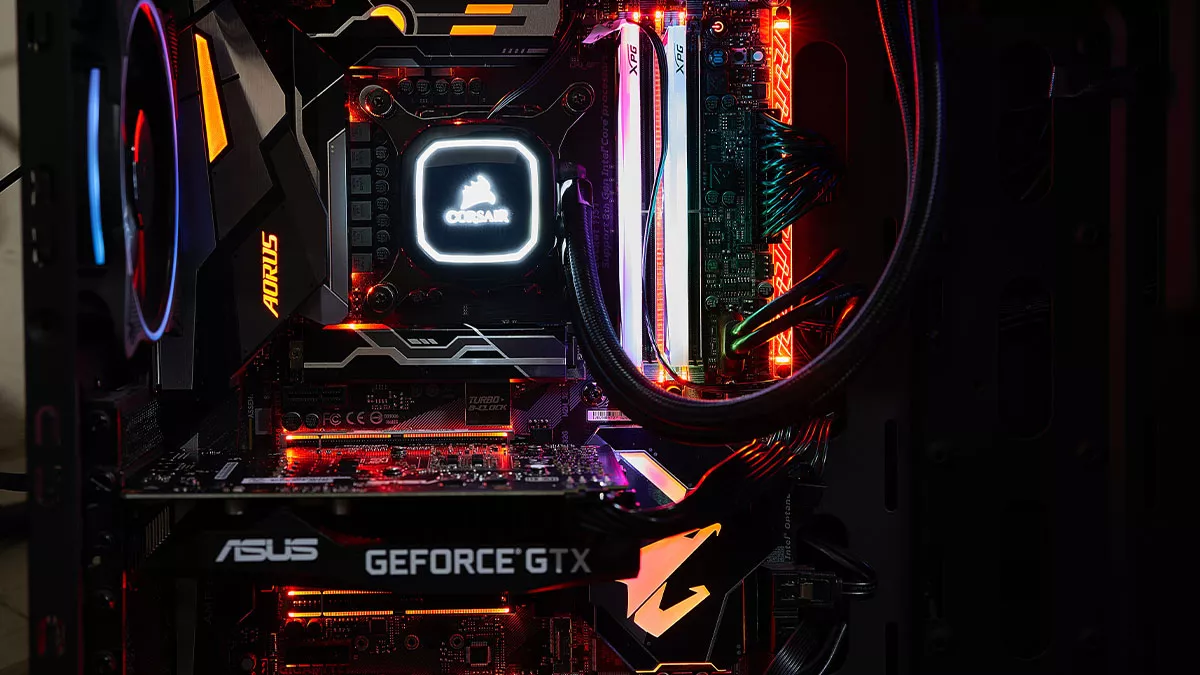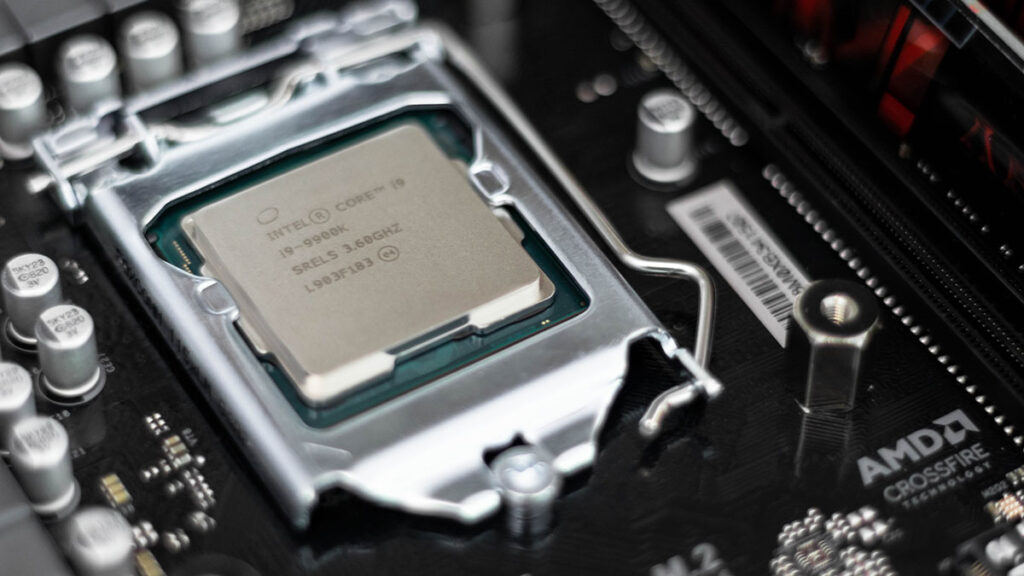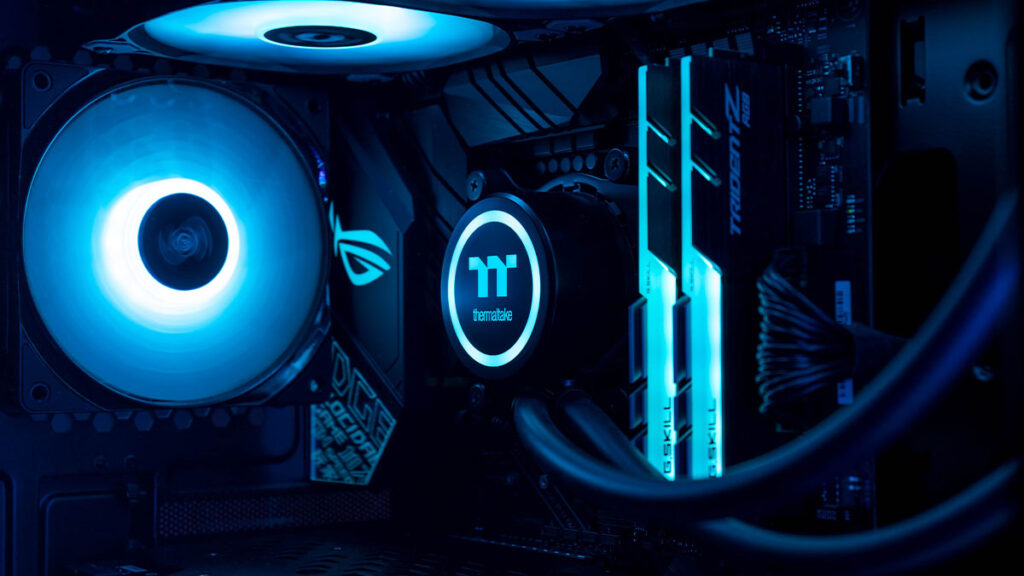What Is Overclocking? Should You Do It?

Overclocking is the process of increasing the clock rate of a computer component, making it run faster. Usually, it applies to CPU, GPU, RAM, and other components. In other words, overclocking a component makes it run at a higher clock speed than it was initially intended.
When you overclock a component, it performs more operations per second, providing better performance. However, the process also has a downside because it produces more heat when something runs faster than it should. Hence, while overclocking can help you get more performance out of your components, it can also damage them.
How does Overclocking work?
To better understand overclocking, you should grasp what clock speed is. For instance, a 3.8GHz processor can complete 3.8 billion clock cycles per second. However, the number of clock cycles cannot give a precise amount of instructions a CPU executes. Above all, it’s alright to compare the performance of a CPU based on its clock cycles.
Hence, when you overclock a CPU, you increase its core clock to a higher frequency than its manufacturer rated it. A higher clocked CPU will execute more instructions per second than the same CPU at its base speed. Likewise, increasing the clock speed also applies to discrete GPUs (not integrated graphics).

Like Intel’s ‘K’ models, most manufacturers release CPU and GPU models that support overclocking out of the box. These models can easily endure overclocking, but the manufacturer throttles down these chips to a lower clock speed. You can bypass the throttling and achieve higher clock speeds and more performance by overclocking.
Should you do it?
Short answer: yes, and no.
There are a lot of questions that you need to answer before going ahead with overclocking your CPU or GPU. First, you should check if your hardware even supports overclocking, as many motherboards and Intel CPUs ship with locked multipliers that prevent you from tampering with their values.
Secondly, increasing the frequency increases performance and makes your hardware heat up more, which many PCs and laptops cannot endure. Hence, it comes down to “do you need overclocking?”

If you need it, be it for getting extra FPS while gaming or squeezing the most out of your PC, you can consider overclocking. Although, if you have a desktop PC or a laptop that reaches high temperatures quickly, you might want to refrain from it.
While pushing your hardware can make a big difference in some games and tasks, it depends on what you need it for. If your machine can withstand the risks and require more performance, you should overclock. Otherwise, please stay away from it.
If you like this simple explainer, check out our Short Bytes section. We take complex tech topics and break them into short, easy-to-understand articles.






